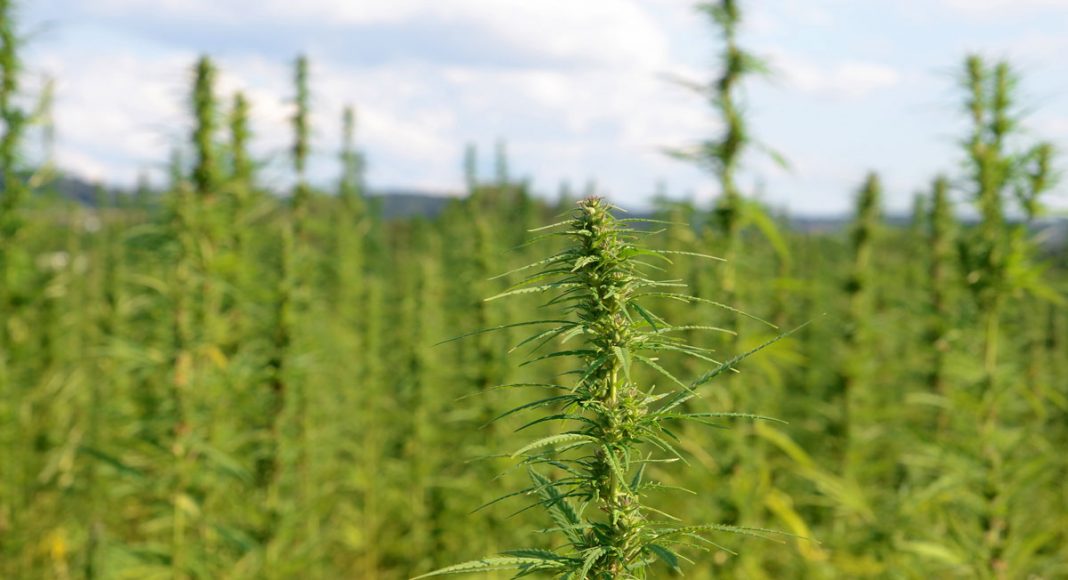Under cannabis taxation, does IRC section 280E apply to industrial hemp?
As we discussed recently, the US Court of Appeals for the 9th Circuit in Hemp Industries Assn. et.al., vs. U.S. Drug Enforcement Admin., upheld the Drug Enforcement Administration’s (DEA) broad rule creating a separate classification for “Marijuana Extracts.” Marijuana Extracts are broadly defined as “any extract containing one or more cannabinoids that has been derived from any plant of the genus Cannabis”. The ruling received an extraordinary amount of press, but lost in all of this breathless reportage was a very important point for a certain class of hemp businesses: The Court explicitly stated that the 2014 Farm Bill (“Farm Bill”) preempts the federal Controlled Substances Act (CSA). Accordingly, expenses incurred through an activity conducted strictly within the parameters of the Farm Bill arguably are not subject to IRC §280E.
Businesses that are operating outside the narrow parameters of Section 7606 of the Farm Bill, however, whether trading in hemp or any derivative product, will have to deal with IRC §280E. As a refresher, the Farm Bill allows a state to grow “Industrial Hemp” if it has implemented an official agricultural pilot program. These pilot programs, generally administered through state Departments of Agriculture, issue licenses or permits to businesses and individuals, allowing the cultivation of “Industrial Hemp.” That cultivar is defined as any part of the cannabis sativa plant with less than 0.3% THC on a dry weight basis. If a plant contains 0.3% or more THC on a dry weight basis, or is not cultivated by a pilot program licensee, the cultivator is operating outside of federal law and hence subject to IRC §280E.
So why is this such a big deal? As we explained previously, IRC §280E prohibits a deduction for any amount paid or incurred in carrying on any trade or business that consists of trafficking in a Schedule I or II controlled substance under the CSA. Accordingly, any industrial hemp business conducting the following activities is possibly subject to the horror of IRC §280E including:
- Food and Body Care;
- Textiles;
- Building Material; and
- Cannabinoids.
If IRC § 280E applies to a hemp business, that business will lose deductions otherwise available to almost every other US business. Clearly, IRC §280E puts these businesses at a competitive disadvantage. The disadvantage can be so severe as to be fatal in certain cases.
It’s important to note that although IRC 280E disallows expenses and credits paid for trade or businesses engaged in trafficking of marijuana listed as a Schedule I drug, this onerous code section does not apply to cost of goods sold. As such, a grower, farmer, cultivator, processor, or a manufacturer of hemp products may deduct any costs that are properly included in cost of goods sold. This rule is noncontroversial: In 2015, the IRS Chief Counsel issued a memorandum that clarified that a cannabis business may deduct these costs under IRC §471 and related regulations. Specifically, under IRC §471, costs included in cost of goods sold are those costs incident and necessary to production including:
- Direct material costs;
- Direct labor costs;
- Utilities;
- Maintenance;
- Rent (real estate and equipment); and
- Quality control.
Depending on your treatment for financial statement purposes, the following indirect costs may be included in cost of goods sold including:
- Taxes necessary for production;
- Depreciation;
- Employee Benefits;
- Factory administrative costs; and
- Insurance.
On the other hand, a non-Farm Bill compliant hemp producer will lose under IRC §280E deductions related to sales, marketing and non-production related management costs.
In addition to creating headaches for non-Farm Bill compliant growers, the application of IRC §280E will have a detrimental impact on wholesalers and retailers of CBD products who also are not operating in full compliance with the Farm Bill. For these businesses, IRC §280E would operate to disallow a deduction for most overhead costs. This could have an especially severe impact on mixed retail businesses that sell CBD products in conjunction with other products.
Example: A pharmacy that sells products containing non-Farm Bill CBD as well as more traditional health products (e.g., shaving cream) may now be subject to IRC §280E. Unless the sale of non-CBD products can be considered a separate trade or business, it is possible that IRC §280E would operate to disallow the deduction of all operating expenses.
Finally, it is unclear if the IRS will apply IRC §280E retroactively to non-Farm Bill hemp businesses. The IRS could apply IRC §280E retroactively on audit or to years otherwise open. For example, the IRS could go back to tax year 2014 and adjust the income tax returns of certain taxpayers engaged in hemp manufacturing and sales of hemp products.
Under the new tax law effective January 1, 2018, Congress gave U.S. business several targeted tax benefits. For many businesses in the developing industrial hemp sector, the impact of IRC §280E reverses many of the benefits of the new tax law. Perhaps Congress can address some of these issues by passing the expansive Hemp Farming Act of 2018 which, as currently written, would explicitly remove Industrial Hemp and derivatives of that cannabis cultivar from the Controlled Substances Act. Better yet: repeal IRC §280E.
Daniel Shortt is an attorney at Harris Bricken, a law firm with lawyers in Seattle, Portland, Los Angeles, San Francisco, Barcelona, and Beijing. This story was originally published on the Canna Law Blog.


